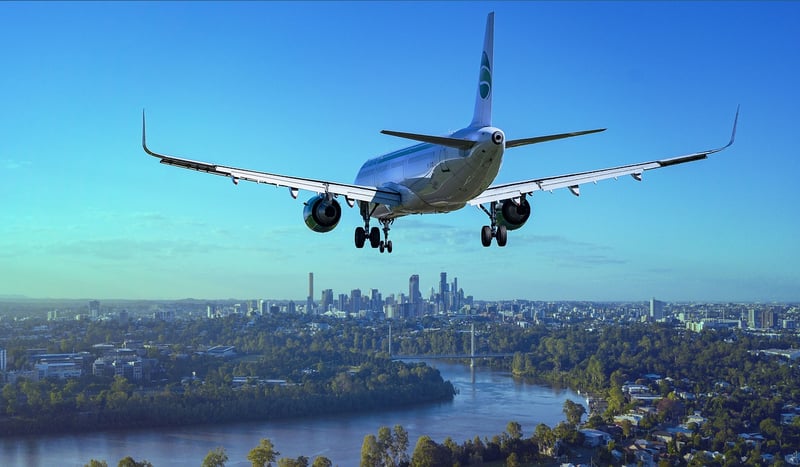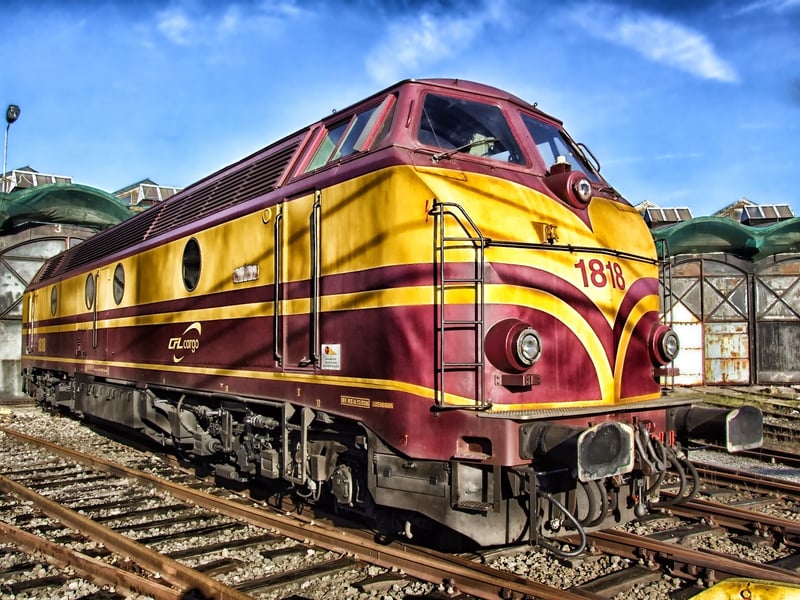Technical Specs
The Science Behind Transportation: Understanding Mechanisms and Technical Specifications
Introduction
Transportation plays a crucial role in our daily lives, enabling the movement of people and goods from one place to another. Understanding the mechanisms and technical specifications of various modes of transportation can provide valuable insights into how they work and their efficiency. Let's delve into the fascinating world of transportation technology.
Road Transportation
Road transportation is one of the most common modes of travel, involving vehicles that move on roads. Key technical specifications include:
- Engine type and power
- Vehicle weight and dimensions
- Transmission system
- Suspension and braking systems

Water Transportation
Water transportation utilizes waterways for travel and commerce. Ships and boats are the primary vehicles used, with technical specifications such as:
- Hull design and material
- Propulsion system (e.g., propellers)
- Navigation equipment
- Capacity and cargo handling capabilities

Air Transportation
Air transportation involves the movement of passengers and cargo by air using aircraft. Technical specifications in aviation include:
- Aircraft type (e.g., fixed-wing, rotary-wing)
- Engine configuration and thrust
- Avionics and communication systems
- Range and payload capacity

Rail Transportation
Rail transportation operates on tracks and is known for its efficiency in moving large volumes of cargo and passengers. Technical specifications for trains include:
- Locomotive power and traction
- Wagon or carriage design
- Track gauge and signaling systems
- Braking and suspension technology

Conclusion
By understanding the mechanisms and technical specifications of different modes of transportation, we gain a deeper appreciation for the engineering marvels that enable seamless travel and trade worldwide. From the roads we drive on to the skies we fly in, transportation technology continues to evolve, shaping the way we connect and interact with the world.
